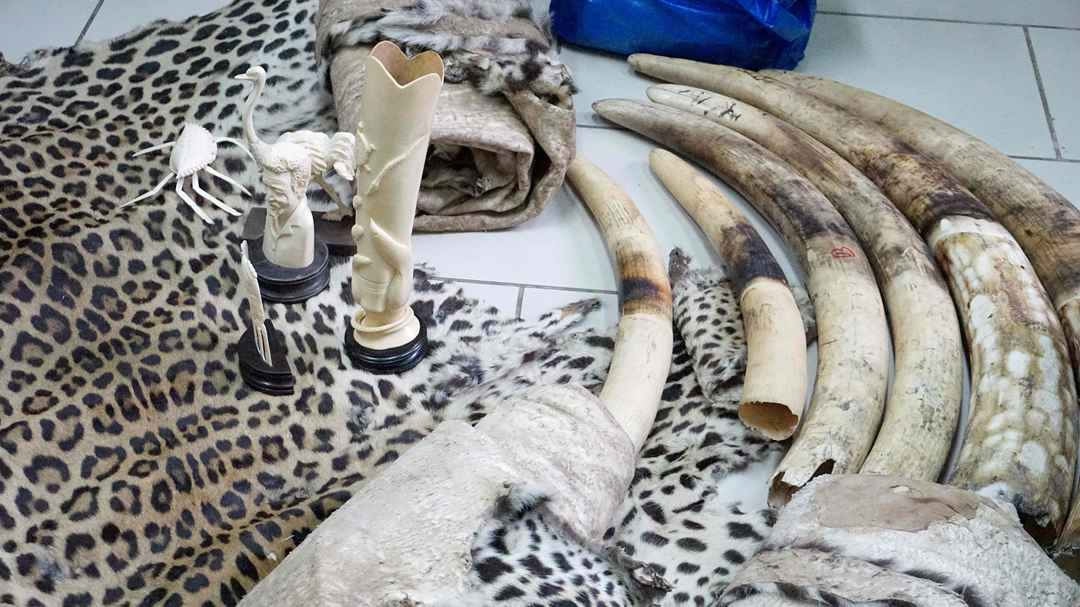
Business
18:51, 30-Dec-2017
China to completely ban ivory sales
CGTN

A great step toward reducing elephant poaching will come into effect on Sunday when it will become illegal to process or sell ivory and its products in China, once the world's largest market.
"It is a day to be inscribed into history," said Zhou Fei, head of TRAFFIC China and the Wildlife Trade Program of WWF China, in an interview with Xinhua. "A historic moment has finally arrived."
He said the move would help end the poaching of African elephants and reverse the decline of wild African elephant populations.
"We can start 2018 hopeful that elephants will be safer now that China has banned commercial ivory sales. Prices are down and law enforcement efforts in many parts of Africa and Asia are much improved," said WildAid CEO Peter Knights.
"The UN has unanimously called for domestic ivory sales bans, and many other countries are responding with action. Japan alone remains unwilling to join the global community on this issue," Knights said. Almost all countries have outlawed the sale of ivory.
The current partial ban has already led to an 80 percent decline in seizures of ivory entering the country, as well as a 65 percent decline in raw ivory prices.
"China's ban is crucial for elephants," Knights said. "As the US steps back from international environmental commitments, Chinese leadership is essential."
On Feb. 26, 2015, China announced a one-year ban on imports of ivory carvings, which has since been extended. On Dec. 31, 2016, China declared a complete stop to the domestic ivory trade within a year. By March 3 this year, 67 factories and shops had been closed. The remaining 105 will closed by Sunday.
Poaching is estimated to claim about 30,000 elephants each year. But things are improving. In Kenya, 390 elephants were killed in 2013. The number had fallen to only 46 last year.
Dr. Fred Kwame Kumah, head of the WWF regional office for Africa, said that the ban would be a step closer to a world without any demand for ivory. The next few months, he said, will be critical to how the ban is enforced.
Source(s): Xinhua News Agency

SITEMAP
Copyright © 2018 CGTN. Beijing ICP prepared NO.16065310-3
Copyright © 2018 CGTN. Beijing ICP prepared NO.16065310-3